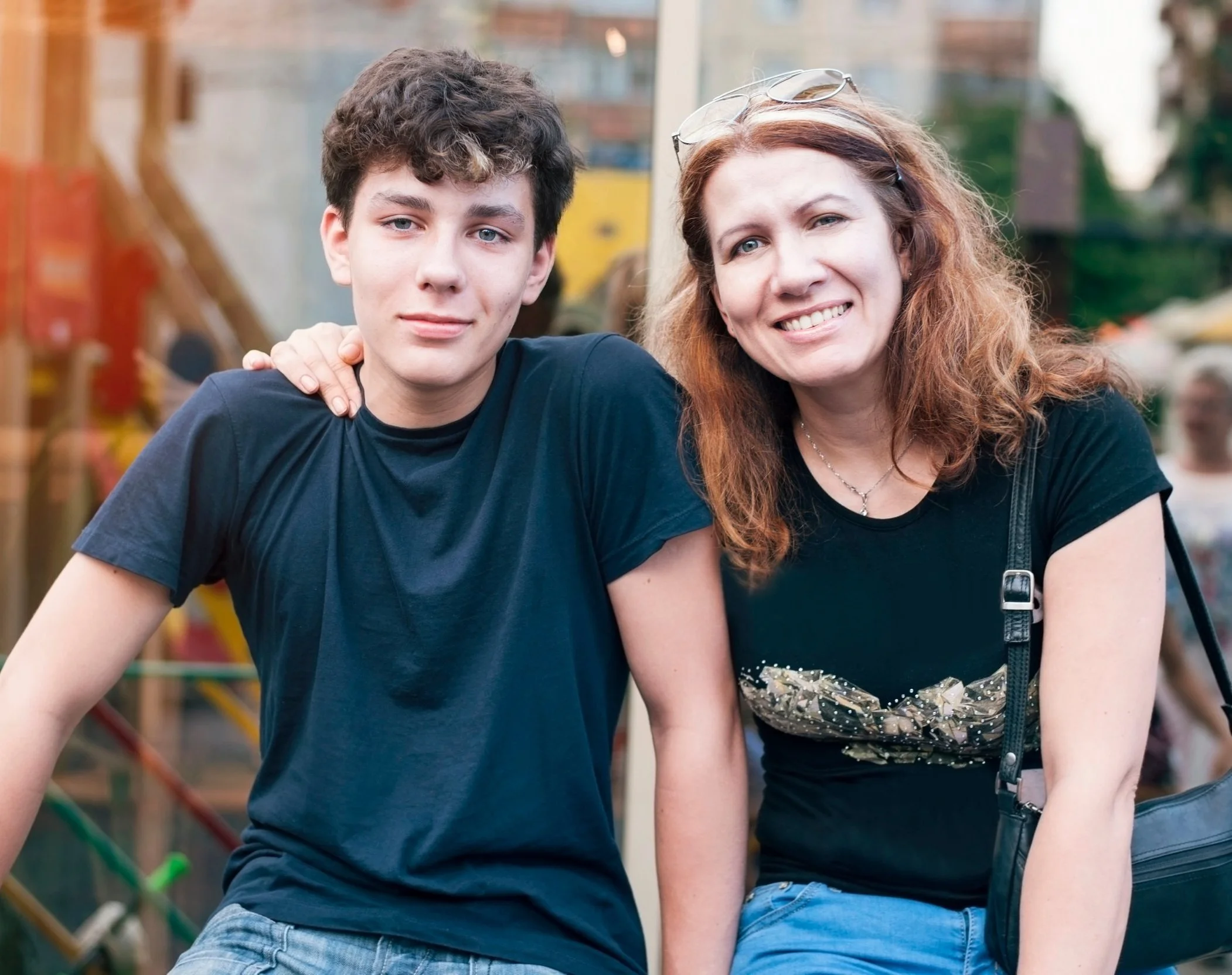Therapy for Teens (and their families)
A teen client once told me that when she walks into school, she feels that every single person has different expectations of her. She asked, “How am I supposed to meet hundreds of different expectations? Especially when these expectations often go against each other?” To really emphasize the unfairness of this struggle, she explained that it felt like she was tasked to walk up endless flights of stairs - only to realize that there were endless more at the top.
Not to mention the expectations we face at home.
Teens have it hard. Hormones, yes, endless comparisons, yes, societal pressure to “succeed” without actually being taught to investigate for oneself the meaning of success, yes. Sometimes, caregivers don’t know how to show up for teens because these moody beings are no longer the little ones that solely relied on them for support, nor are they full-fledged adults with fully developed prefrontal cortexes. But I think that it is precisely during this transitional period that caregivers/families can provide a strong foundation of support through, among many things, openness to explore with their teens, flexibility, and willingness to look inward themselves.
For teen clients, I often make it clear that the best outcome for therapy is to eventually involve the family. This is because for lasting shifts to take place both internally and externally, one’s system must shift. Even if the teen clients wish to continue individually, this truth informs my work.
